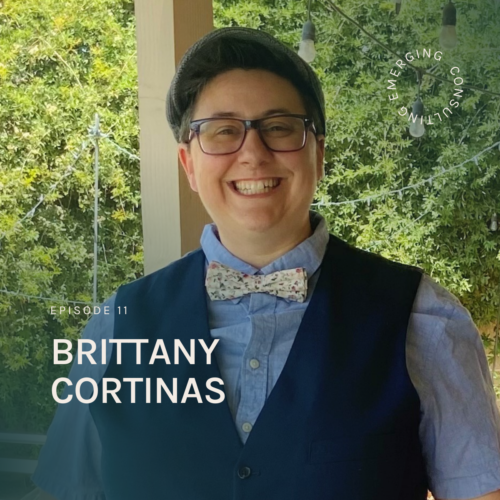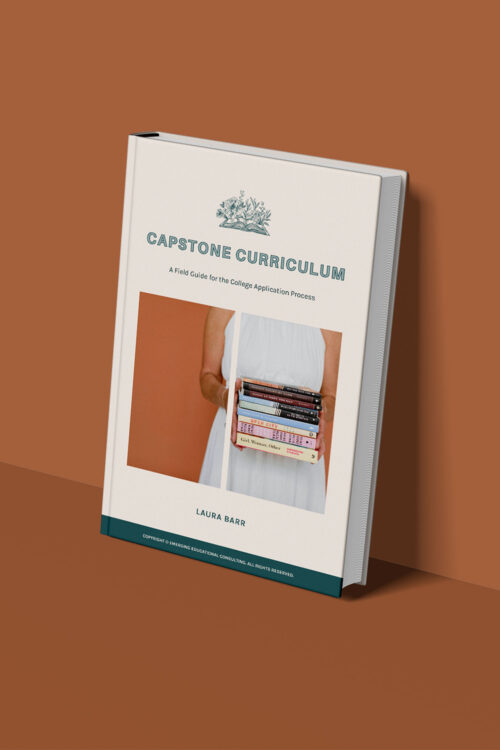
A virtual “teacher’s lounge” dedicated to providing a community of dedicated college counselors committed to learning and growing in our profession and our “instruction.”
A virtual “teacher’s lounge” dedicated to providing a community of dedicated college counselors committed to learning and growing in our profession and our “instruction.”




